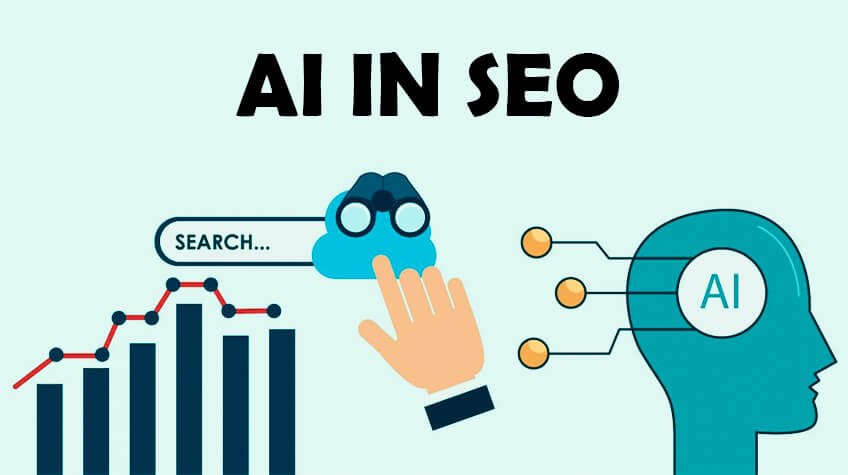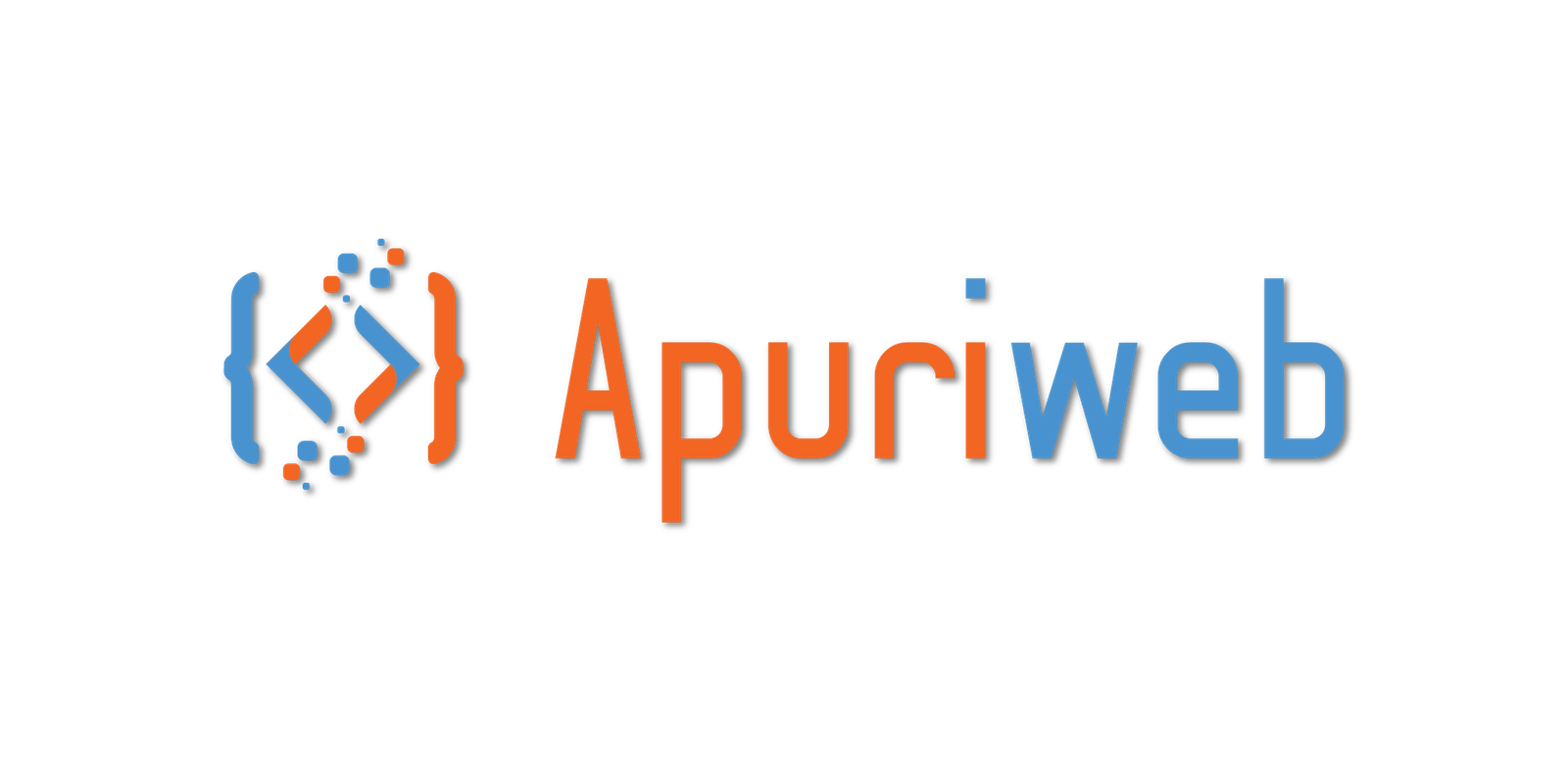
Artificial Intelligence (AI) can significantly impact and enhance various aspects of Search Engine Optimization (SEO) by providing more accurate insights, automating repetitive tasks, improving user experience, and optimizing content. Here are some ways AI can help with SEO:
Keyword Research and Analysis: AI tools can analyze vast amounts of data to identify relevant keywords and search trends. These tools can help you discover new keyword opportunities, analyze keyword difficulty, and suggest long-tail keywords that align with user intent.
Content Generation and Optimization:
AI-powered content generation tools can assist in creating high-quality, relevant content. These tools can provide topic suggestions, generate content outlines, and even write paragraphs or articles. AI can also analyze existing content to identify optimization opportunities, including keyword usage and readability.
Natural Language Processing (NLP):
NLP techniques in AI can help search engines understand and interpret the context of user queries and content. This enables more accurate search results and improves the overall user experience.
Rank Tracking and Analysis:
AI-driven tools can monitor search engine rankings for specific keywords and track changes over time. These tools can provide insights into your website’s performance and help you make informed decisions to improve rankings.
Competitor Analysis:
AI can analyze competitor websites, content, and strategies to identify strengths and weaknesses. This information can guide your SEO efforts and help you create more effective strategies.
Technical SEO Audits:
AI can conduct automated technical SEO audits to identify issues such as broken links, crawl errors, duplicate content, and page speed problems. This helps ensure your website is optimized for search engines and provides a better user experience.
Image and Video Optimization:
AI can assist in optimizing images and videos for search engines by providing suggestions for alt text, captions, and metadata. This enhances the accessibility and visibility of multimedia content.
User Experience Enhancement:
AI can analyze user behavior on your website and provide insights into user engagement, bounce rates, and click-through rates. This information helps you optimize your site’s navigation, layout, and content to improve user experience and reduce bounce rates.
Voice Search Optimization:
With the rise of voice-activated devices, AI can help optimize content for voice search queries. Voice search optimization focuses on conversational queries and long-tail keywords that people use when speaking.
Chatbots and Customer Interaction:
AI-powered chatbots can enhance customer support and engagement by providing instant responses to user queries, collecting feedback, and guiding users through your website.
Link Building and Outreach:
AI can analyze websites and suggest potential link-building opportunities based on relevance and authority. It can also automate outreach campaigns to save time and improve your link-building efforts.
It’s important to note that while AI offers many benefits, it’s not a replacement for human expertise. Combining AI tools with the knowledge and strategic insights of SEO professionals can lead to more effective and impactful SEO strategies.
